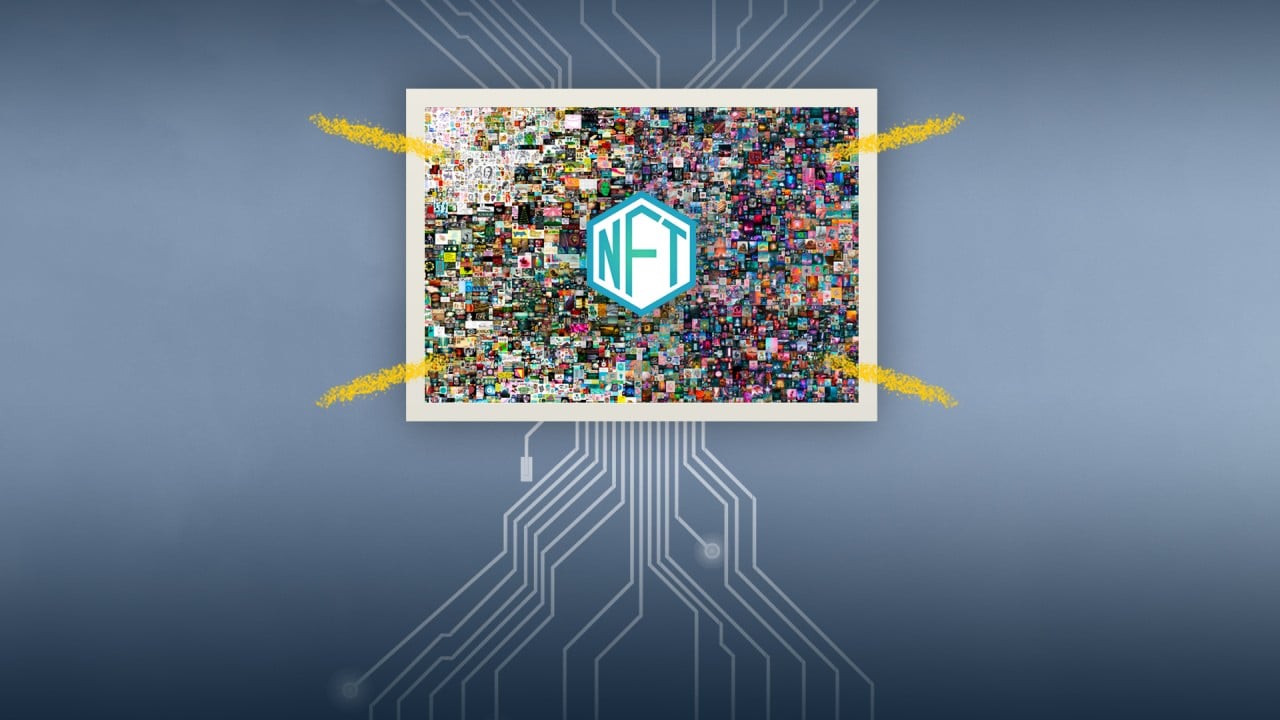
NFTs for 46-year-old Glenfiddich single malt whisky to ensure buyers get the real deal
- The NFTs for the US$18,000 a bottle whisky can be redeemed for the bottles, or be used as digital receipts to sell them on
- Whisky as an investment has been ‘on fire’ for the past two years, says executive of Scottish distiller William Grant & Sons
BlockBar, a New York-based start-up, is now using non-fungible tokens (NFTs) to make tracking and trading of high-end liquor – much sought after in Asian markets such as Hong Kong – easier for connoisseurs.
It has partnered with Scottish distiller William Grant & Sons, to issue NFTs for 46-year-old Glenfiddich single malt whisky that costs US$18,000 a bottle. The NFTs can be redeemed for the bottles, or be used as digital receipts to sell them on.

Whisky as an investment “was on fire” for the past two years, Peacock said. For instance, 15 NFTs for the 46-year-old Glenfiddich were snapped up in four seconds on BlockBar’s website last month.
Wine and spirits grossed US$92 million in auction sales for Sothesby’s last year. The average bottle price for spirits sold at its auctions was US$7,058, compared with US$686 on average for wine. High-end spirits such as single malt whisky made by Scottish or Japanese distillers accounted for 19 per cent of auction sales at Sotheby’s last year.
And, according to Sothesby’s Wine Market Report, Asian buyers have been driving 80 per cent of spirits sales conducted by the auction house. Within this group, more than half were buyers from Hong Kong.

05:15
SCMP Explains: What are NFTs?
The traditional way of verifying authenticity has been for owners to open their bottles and taste the liquor, which many collectors have been reluctant to do, said Samuel Falic, BlockBar’s co-founder. And this has impeded the secondary market sale of high-end spirits.
“Through the blockchain, there is a ledger of previous owners of a bottle. So, a prospective buyer could trace back where it comes from, all the way up to the brand owner and distiller,” he said.
BlockBar works with William Grant & Sons to determine the timing of each NFT drop. A sale could be based on a first come, first served basis, or could also be an online auction or random drawing.
An NFT’s first owner could resell it by setting the price on BlockBar’s marketplace. The seller receives 90 per cent of their selling price, with the remaining 10 per cent split between BlockBar and the distiller.
The NFT is stored in the holder’s cryptocurrency wallet and is connected to the blockchain on which the bottle’s transaction history is kept. The physical bottle is stored in BlockBar’s warehouse in Singapore, from where it will be shipped to the NFT holder if they choose to redeem it with their digital token, at which point BlockBar will burn the NFT.
“We want to ensure that the physical product is authentic by burning the token. If a holder possesses both the NFT and physical bottle at the same time, then there is a risk that a sale of the NFT might not be backed by the physical product,” Falic said.

